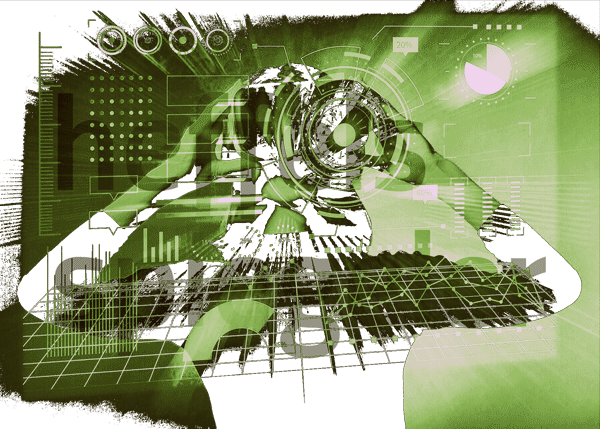 On 12 September 2023, eight French members of parliament submitted a bill to the French National Assembly aimed at establishing a copyright framework for artificial intelligence[1].
On 12 September 2023, eight French members of parliament submitted a bill to the French National Assembly aimed at establishing a copyright framework for artificial intelligence[1].
The bill aims to regulate the creation and use of works of art generated by artificial intelligence (AI) systems by amending the French Intellectual Property Code to provide greater protection for the rights of artists and authors.
The bill comprises four articles:
- Article 1 proposes to add a paragraph to article L 131-3 of the French Intellectual Property Code (CPI): “The integration by artificial intelligence software of intellectual works protected by copyright in its system, and a fortiori their exploitation, is subject to the general provisions of this Code and therefore to authorisation by the authors or rightful claimants”.
- Article 2 proposes to add the following provisions to article L 321-2 of the CPI: “When the work is created by an artificial intelligence without direct human intervention, the only rights holders are the authors or rightful claimants of the works that made it possible to conceive the said artificial work” and to entrust the collective management of rights in works generated by artificial intelligence to authors’ societies or other collective management organisations.
- Article 3 recommends adding a paragraph to Article L 121-2 of the CPI requiring the words “AI-generated work” to be affixed, along with the name of the author who made the work possible.
- Lastly, Article 4 suggests supplementing Article L 121-2 of the CPI with the creation of a tax on works generated by AI systems from works whose origin cannot be determined. This tax would be imposed on the company operating the AI system that created the work, and the amount would be set by decree.
This proposal gives an important role to collective management organisations in the management of rights to works generated by an AI system and in the management of the levy proposed in Article 4. It is also worth highlighting the obligation to label works generated by an AI system, consistent with the provisions of the European Parliament’s draft regulation on AI (or AI Act) adopted on 14 June 2023[2].
In a context in which copyright protection for a work of art created by an AI system is becoming increasingly recognised (notably with the first decision handed down by the Chinese Beijing Internet Court on 27 November 2023[3]), the French MPs’ initiative seems to be welcome.
However, this proposal could run into implementation difficulties. The provisions of the proposal are technically complicated to apply because of the difficulty of identifying the original information used to create the work or the proportion of an original work present in the final result. Furthermore, if this proposal were adopted, it would raise the problem of compliance with European Union law and the illegibility of Member States’ legislation. Indeed, if each State were to adopt its own proposed law, different and even opposing positions could be applied. Such a scenario would be contrary to the uniformity and consistency of the rules advocated by the European Union.
This is all the more true given that on 8 December 2023, Members of the European Parliament reached a provisional agreement on the Regulation on Artificial Intelligence (AI Act)[4]. This regulation aims to guarantee fundamental rights, democracy, the rule of law and environmental sustainability by protecting them against the risks associated with AI, while encouraging innovation. The proposed French law, which deals with issues covered by the European regulation, cannot contain provisions that run counter to this regulation, which is still being drafted.
In any case, the proposal is still far from being adopted and is likely to evolve considerably during the dialogue.
Léa Naud
[1] Proposition de loi n° 1630 visant à encadrer l’intelligence artificielle par le droit d’auteur : https://www.assemblee-nationale.fr/dyn/16/textes/l16b1630_proposition-loi.
[2] COM(2021) 206 : https://eur-lex.europa.eu/legal-content/FR/TXT/HTML/?uri=CELEX:52021PC0206.
[3] Beijing Internet Court, Li Yunkai v. Liu Yuanchun, 27 nov. 2023, Beijing 0491 Republic of China No. 11279.
[4] https://www.europarl.europa.eu/news/fr/press-room/20231206IPR15699/loi-sur-l-intelligence-artificielle-accord-sur-des-regles-globales.
